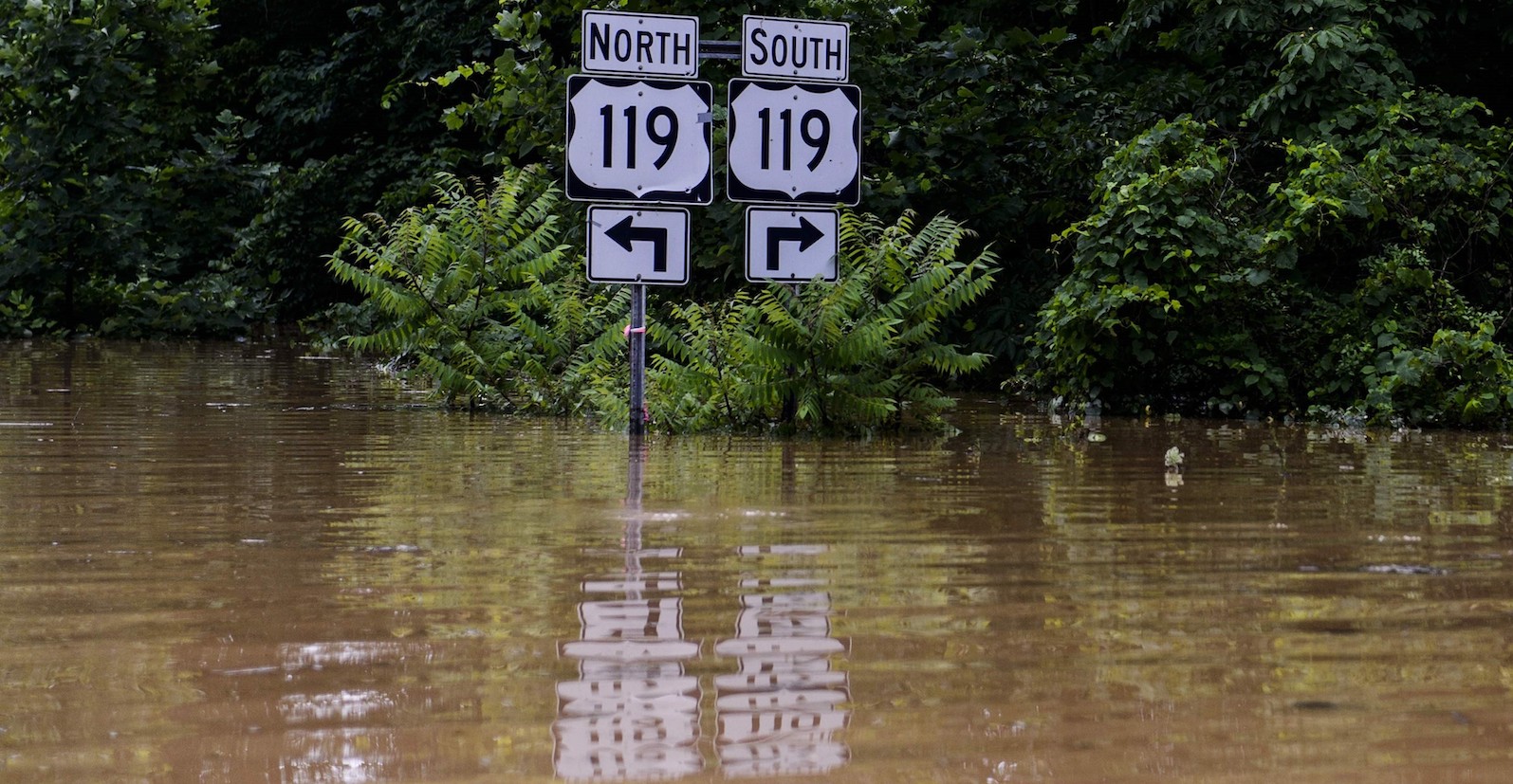Some lawmakers are proposing to reduce the amount of money in federal flood insurance claims the government pays out to people who refuse to take the necessary steps to prevent flood damage. The move could save taxpayers billions.
Earlier this month the House Financial Services Committee held a hearing to debate the problems with the National Flood Insurance Program (NFIP). The program provides flood insurance to homeowners and businesses in areas of the country where frequent flood damage occurs. It is administered by the Federal Emergency Management Agency (FEMA).
The “Two Floods and You Are Out of the Taxpayer's Pocket Act” proposed by Reps. Earl Blumenauer (D-OR), Doug Bereuter (R-NE) and Jerry Costello (D-IL), requires that once a property qualifies as a repetitive loss, and if the residents refuse to relocate, elevate, or flood proof their homes or businesses, they will have to pay the actual non-subsidized cost of the insurance to stay in the program.
Most flood damage occurs in floodplains. People who have homes that were built before the Flood Insurance Rate Maps were completed pay a subsidized premium of $610, which represents about 38 percent of the real cost of the insurance.
About 30 percent of the NFIP policies were subsidized by taxpayers in 2000, which partly explains why revenues from the program do not cover the amount of claims paid every year.
One of the main causes of NFIP's cash shortfall is repetitive loss properties that have had a claim of at least $1,000 on two or more occasions in a ten-year period. FEMA has identified 45,000 of these properties, most of which are in floodplains. About 10,000 of these properties cost the program upwards of $80 million annually.
Critics argue NFIP is in dire need of reform since the revenue shortfall is keeping the program from being financially sound.
President Bush earlier this year proposed reforms to the program, including requiring residents who refuse to relocate from floodplains or have their home elevated pay the full cost of the insurance. The proposal would also have disqualified vacation homes and rental properties from the program.
These measures could save taxpayers billions in recurring losses and ensure the viability of NFIP. Taxpayers should not have to foot the bill for people that live in floodplains and refuse to prevent or reduce flood damage. These residents must take responsibility and get out of the taxpayer's pocket.










